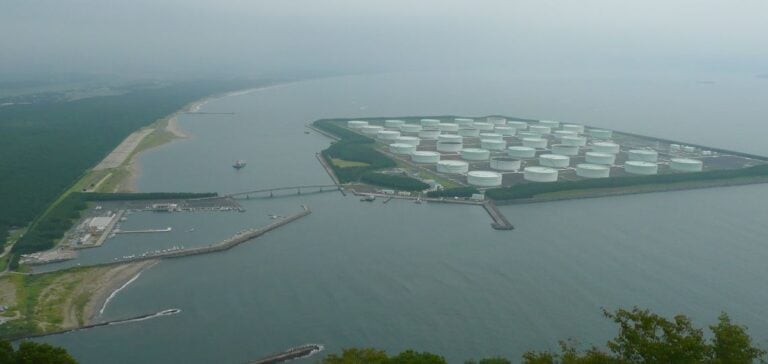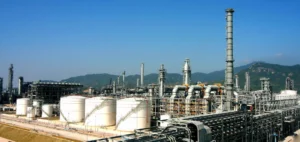U.S. commercial crude oil stocks fell by 1.2 million barrels during the week ending December 27, according to data released by the U.S. Energy Information Administration (EIA). This decrease was significantly lower than analysts’ forecasts, which anticipated a drop of 2.3 million barrels, according to a Bloomberg consensus.
Rising Exports and Weakening Demand
The gap between imports and exports played a crucial role in this limited contraction in stocks. Imports rose by 3.5% over the week, while exports grew even more sharply, increasing by 7.0%.
At the same time, U.S. refineries slightly increased their utilization rates, reaching 92.7%, up from 91.8% the previous week. However, these efforts were not enough to offset the significant decline in demand. Refined products delivered to the market, a key indicator of energy needs, fell by 15%, reaching their lowest level in two years.
Stock Accumulation and Production Stability
The slowing demand also led to a significant rise in gasoline inventories, which increased by 7.7 million barrels in a week. Stocks of distillate products, such as diesel, followed a similar trend, rising by 6.4 million barrels.
Despite these variations, U.S. crude oil production remained stable at a near-record level, averaging 13.57 million barrels extracted daily.
Impact on Financial Markets
The EIA data temporarily slowed the rise in oil prices observed earlier in the day. The price of West Texas Intermediate (WTI), the benchmark for the U.S. market, was trading at $73.62 at 4:55 PM GMT, showing a gain of 2.65%.
This price stability also reflects anticipation around economic stimulus measures in China, the world’s largest oil importer. These prospects have helped maintain some dynamism in the markets, despite mixed data from the United States.





















